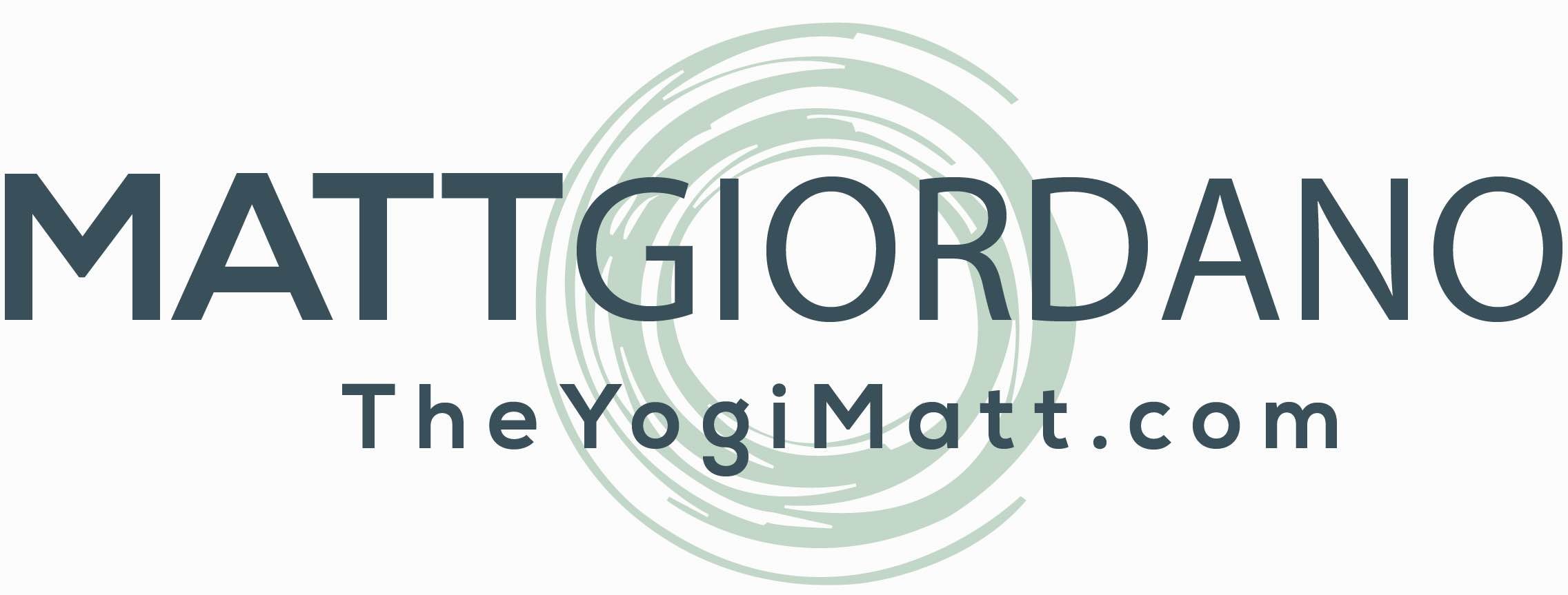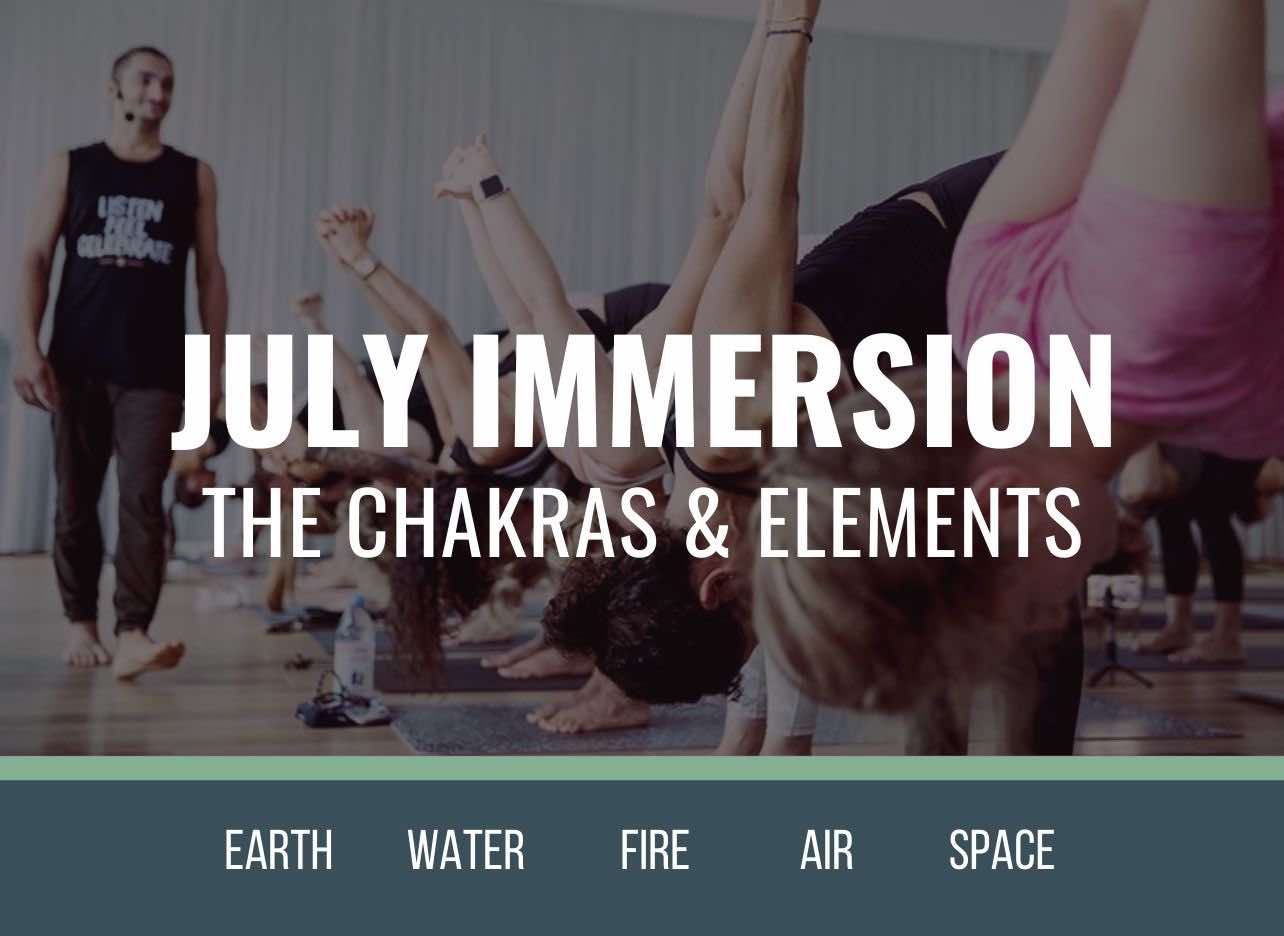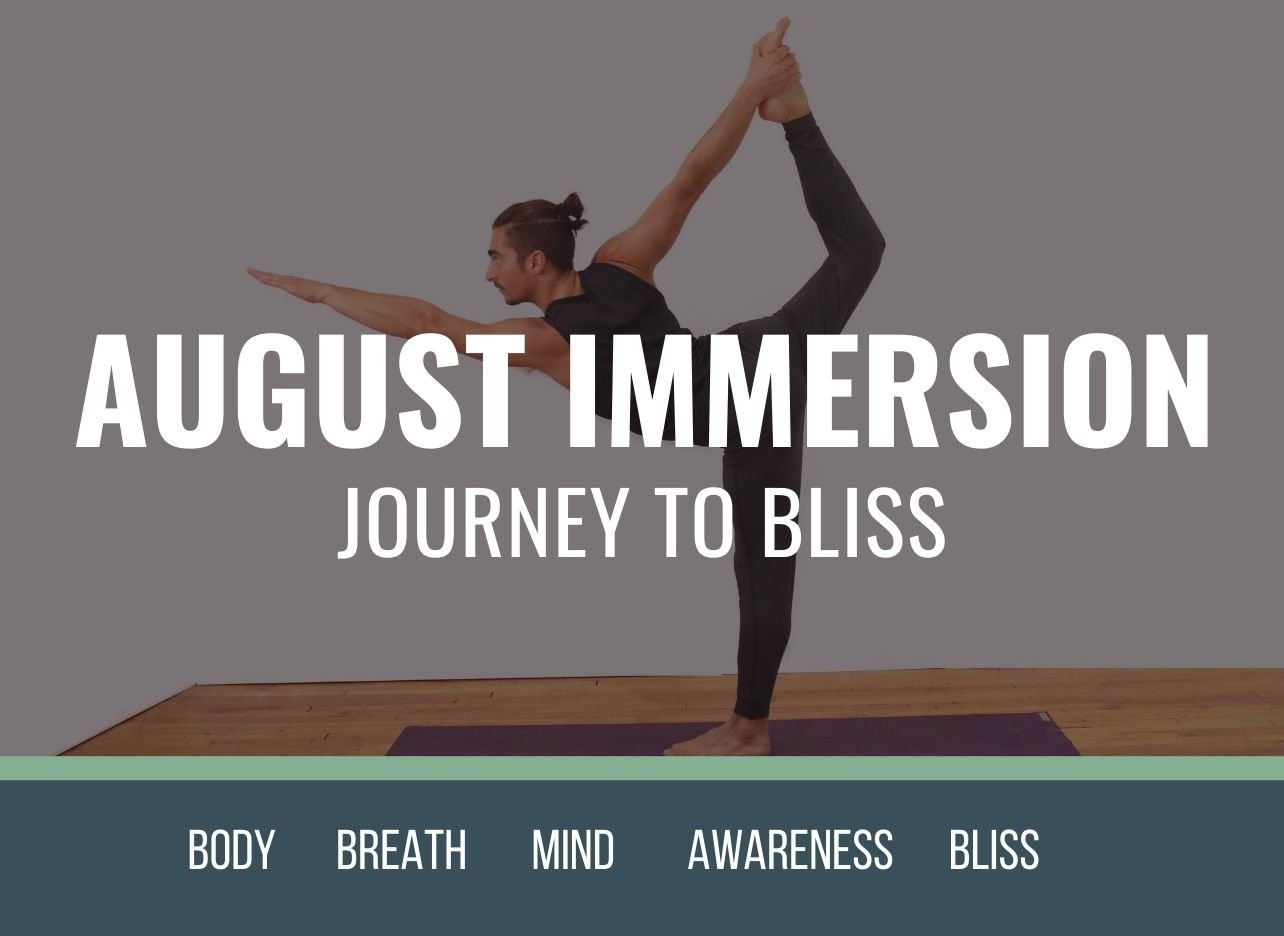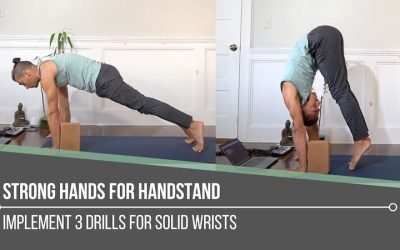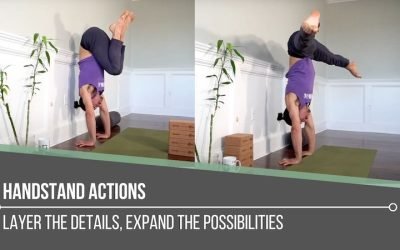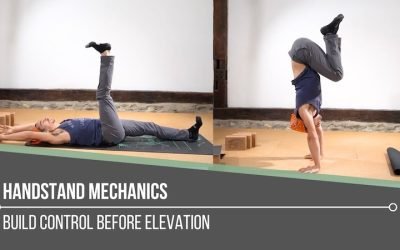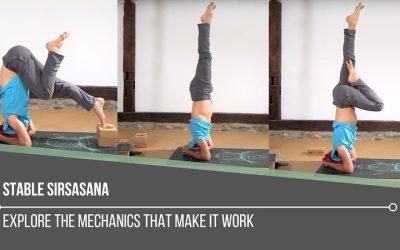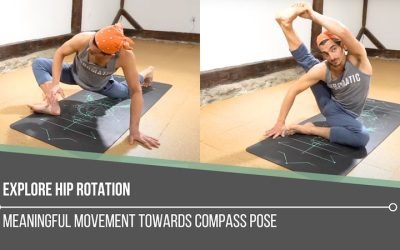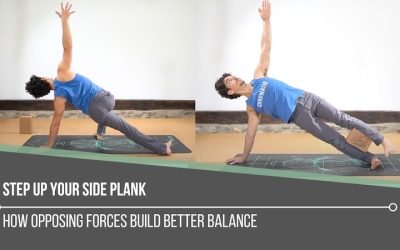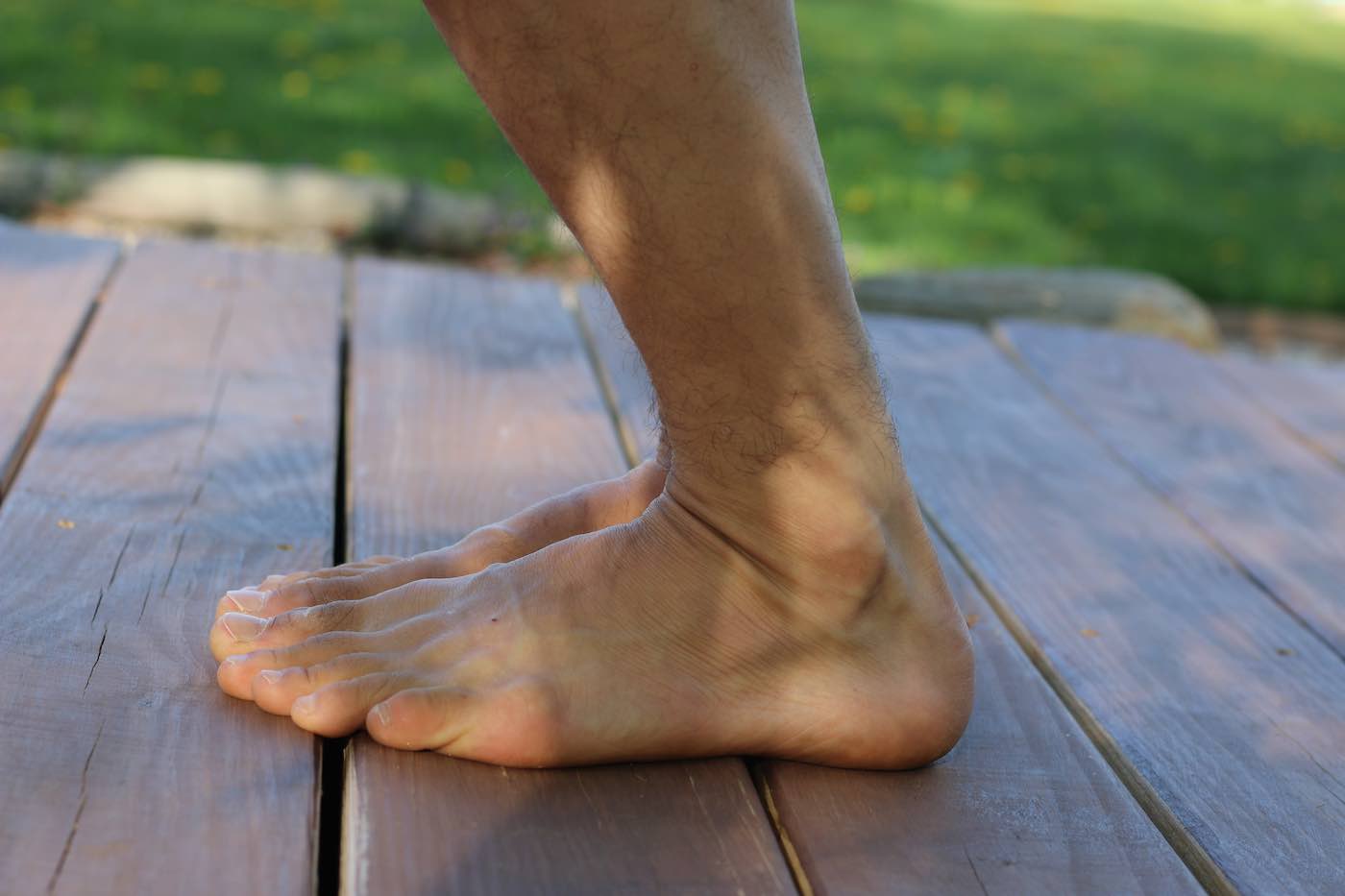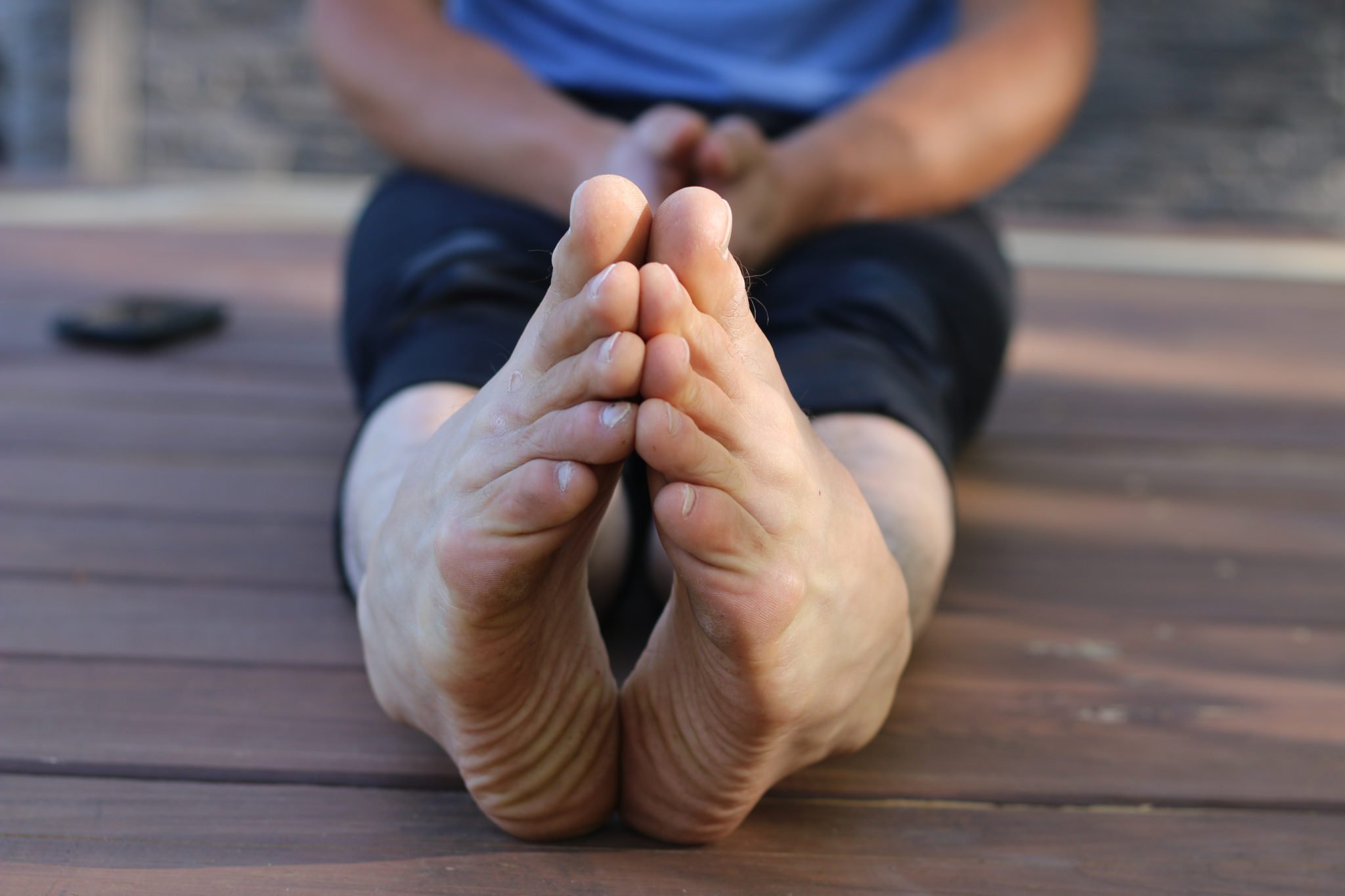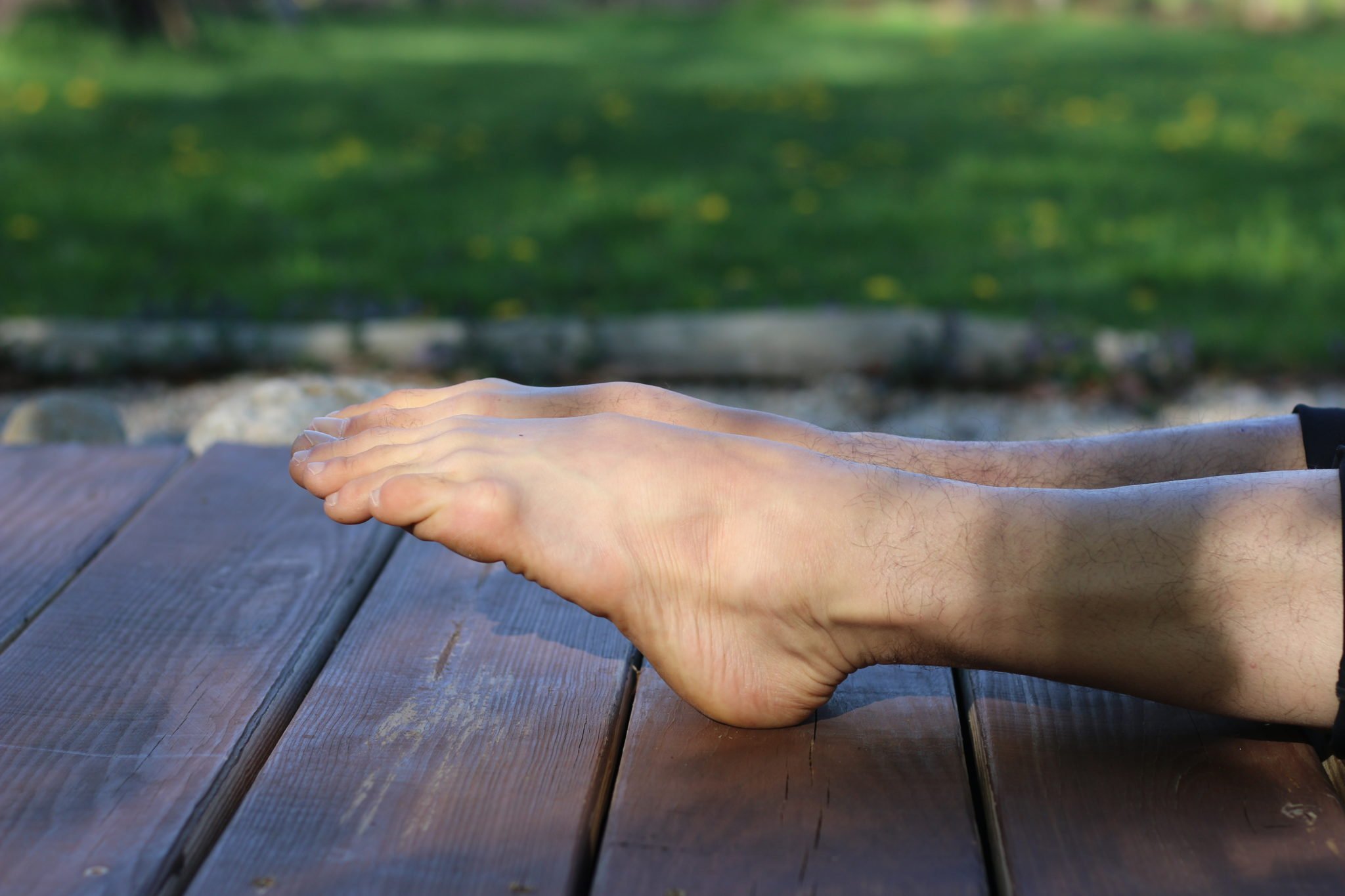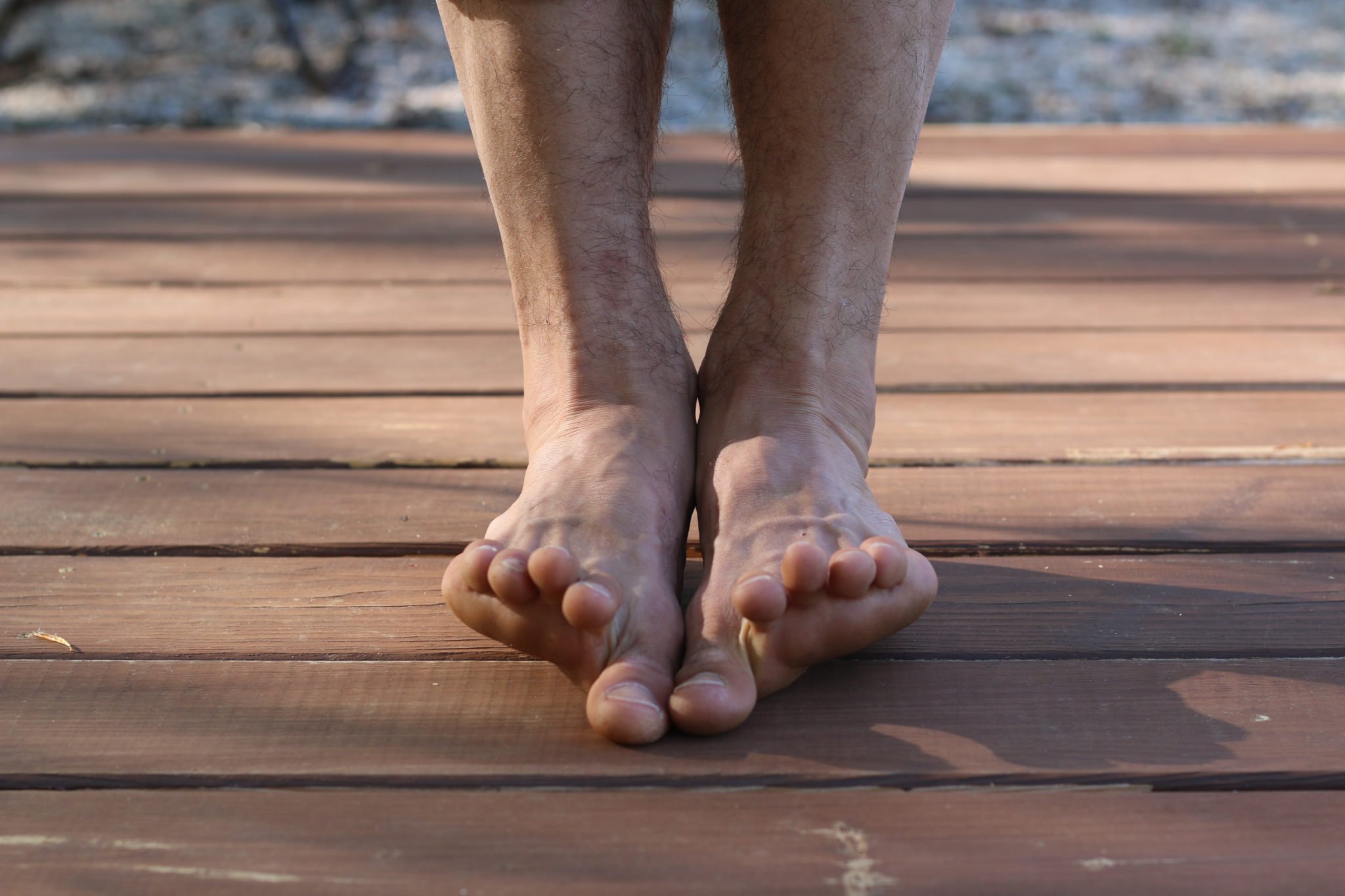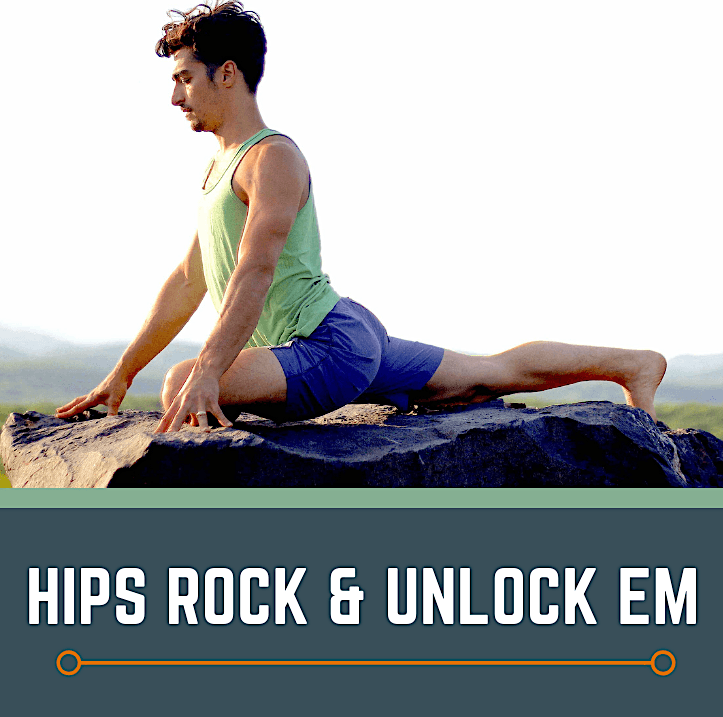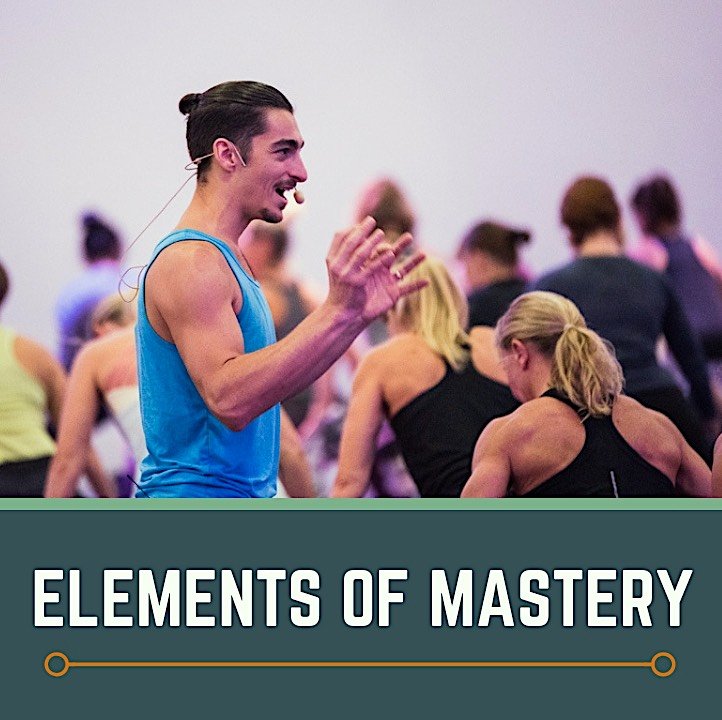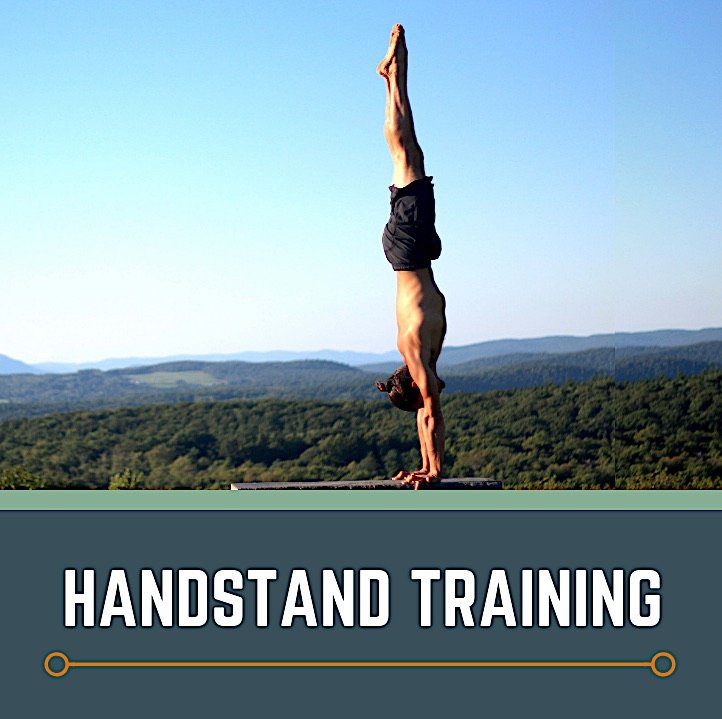Strong Hands For HandstandSTABILITYSTRONG HANDS FOR HANDSTAND When it comes to building strength for handstand, it starts at the base: our hands. Developing strong hands means targeting the wrist flexors, the very muscles that help create a trustworthy foundation....
Lifting The Arches of Your Feet
Is your foundation trong?
Setting the foundation of any posture is arguably the most important step you can take aside from breathing of course, which you can simply consider a part of the foundation. You probably have heard me talk about the foundation of arm balances and handstands a million times, but how about standing postures? If you have practiced with me on retreat or at the Elements of Mastery, you already know the importance of what I am about to share with you. If you have not worked with me before, no problem, I am going to take you through a step-by-step approach to building a strong, solid foundation for all your standing postures.
Have you been asked to lift the arches of your foot in a class? Did you know how to do that on your own? Maybe you were told to lift your toes in order to do so, and you probably noticed a loss of connection to stability. Lifting your toes can be a great way to strengthen some of the muscles I am about to share with you, but it is literally just the beginning.
Does it really matter?
This is a great question and I wouldn’t blame you for asking because ultimately knowing the why behind anything we do gives our actions power. So why lift the arches? Consider your feet the foundation of all standing postures. Would you build your extremely expensive one-of-a-kind house on mud, or would you prefer a solid foundation you know will hold up over time? Picture it, a strong, heavy house resting on a muddy foundation, eventually part of the house would start to sink downward while other parts remained strong. The pressure would build and the weakest parts would start to break. This happens in our body, and the weakest points are typically our joints. The joints are weak because they are the place where two or more bones come together for the purpose of movement. If they were too strong, no movement would be available. Gravity is always upon us and pulling us downward. When our bones are properly aligned there is less stress on the joints. However, what if we have an imbalance at the ankle that causes our weight to fall to the inside or outside of the foot? Not only is the ankle or foot at risk but ALL of the joints that exist above it are too because they have to compensate for the new alignment. This is why you could have a pain in your neck that stems from weakness and miss-alignment at the ankle. You feel it in the neck because the neck is compensating for everything below it. This is very important to understand especially if you are a yoga teacher or in any field of physical health. Does it matter…? YES!
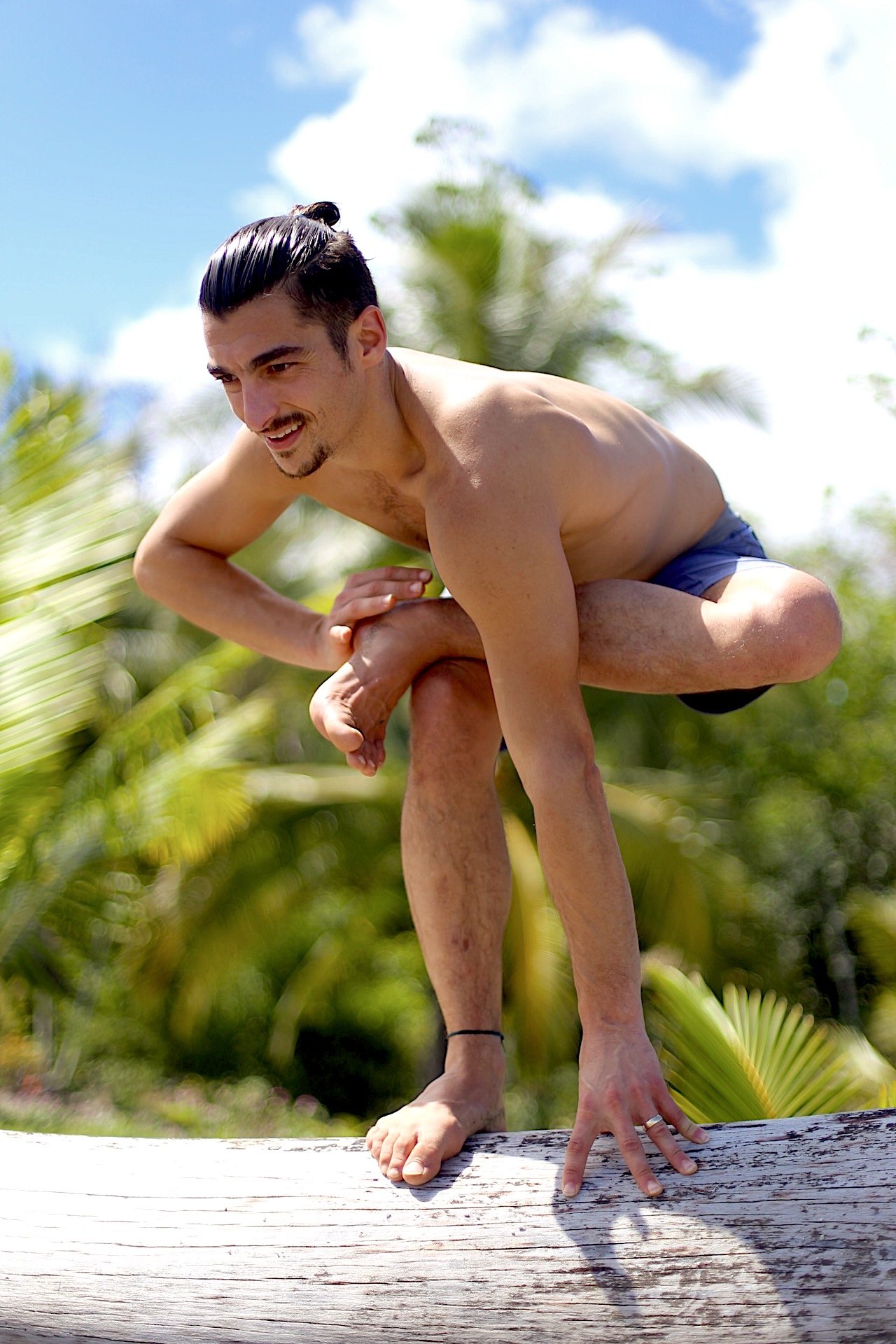
The Anatomy
For the purposes of this article, we will talk about two joint actions and the muscle groups that create them: Eversion and Pronation of the ankle which occurs at the subtalar joint. The subtalar joint is just below the ankle joint. The ankle joint allows for the up and down movements of plantar flexion (pointing the foot) and dorsiflexion (flexing the foot), while the subtalar joint allows the foot to rock from side to side. For the purpose of simplicity, we will refer to both of these joints as a collective – “the ankle”.
The arch of the foot
There are multiple muscles that help to form the arch of the foot. How high someone’s arches are may be due to the structure of the foot – the bones might be shaped in a more flattened position. However, we aren’t concerned with the external look of an arched foot but rather, training the muscles to activate appropriately for our feet. Most of us can use strengthening of these muscles. The way that I found really helps is first learning how to isometrically engage the muscles of inversion and eversion at the same time which forms a “bootstrap” like scenario around the foot. One of the fibula muscles wraps from the outer shin down the outer ankle and attaches near the ball mound of the big toe – That is pretty cool! There are muscles underneath the sole of the foot that when activated in conjunction with the muscles of inversion and eversion allow us to find greater engagement and lift of our arches.
One of the best ways to integrate these actions in your practice is to repeat them throughout your yoga practices. If you are interested in greater balance, stability, and ankle awareness there are two online immersions – 12 class packages that focus heavily on the feet and ankles.
1. The July 2020 Immersion titled The Chakras & the Elements – the Earth and Water practices will provide a profound awakening to the ankles and feet and how they relate to your practice.
2. The August 2020 Immersion titled Journey To Bliss follows a similar format as of July; the first few practices target the ankles and feet. I highly recommended either or both of these immersions.
Everting
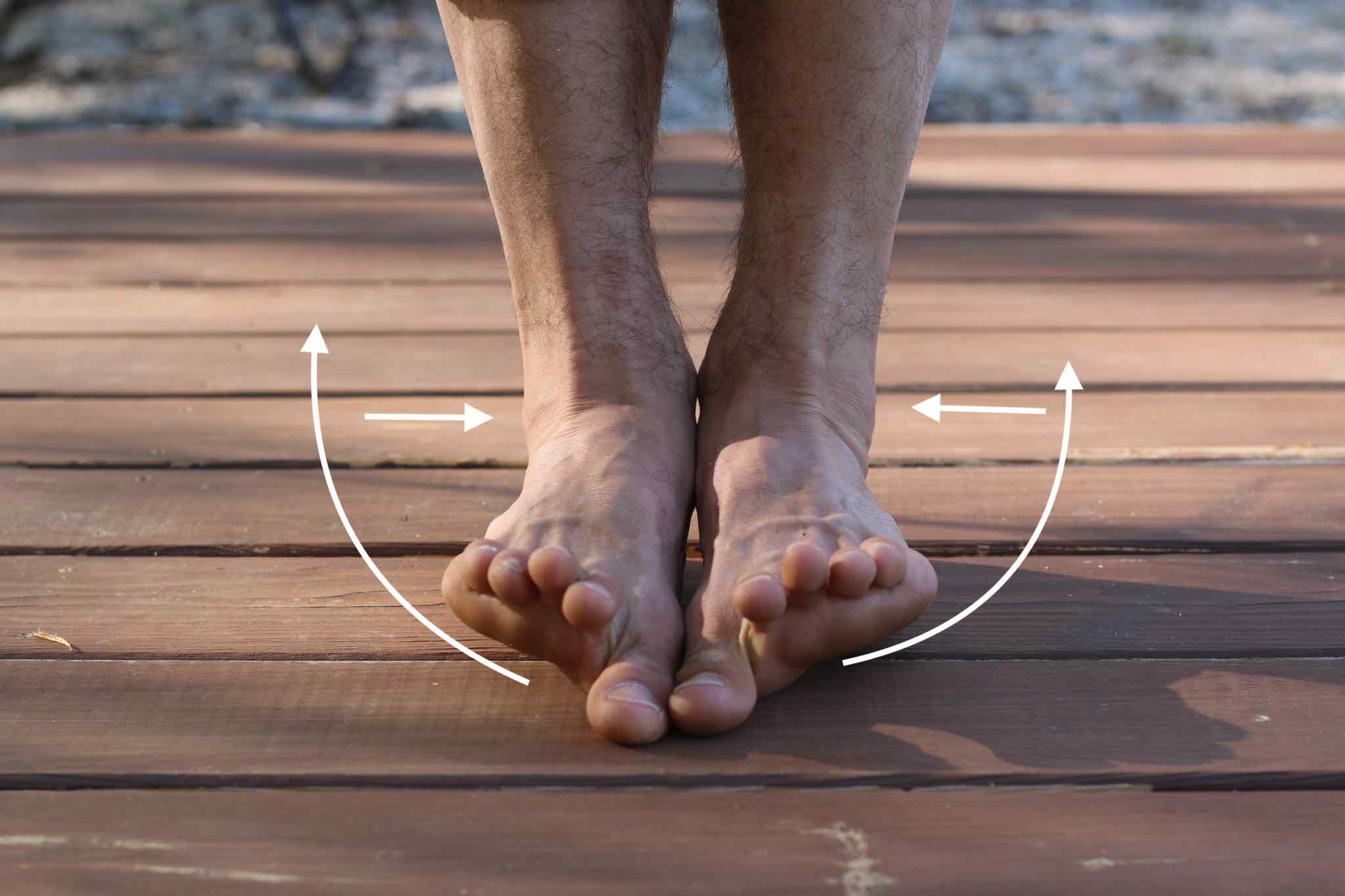
Inverting
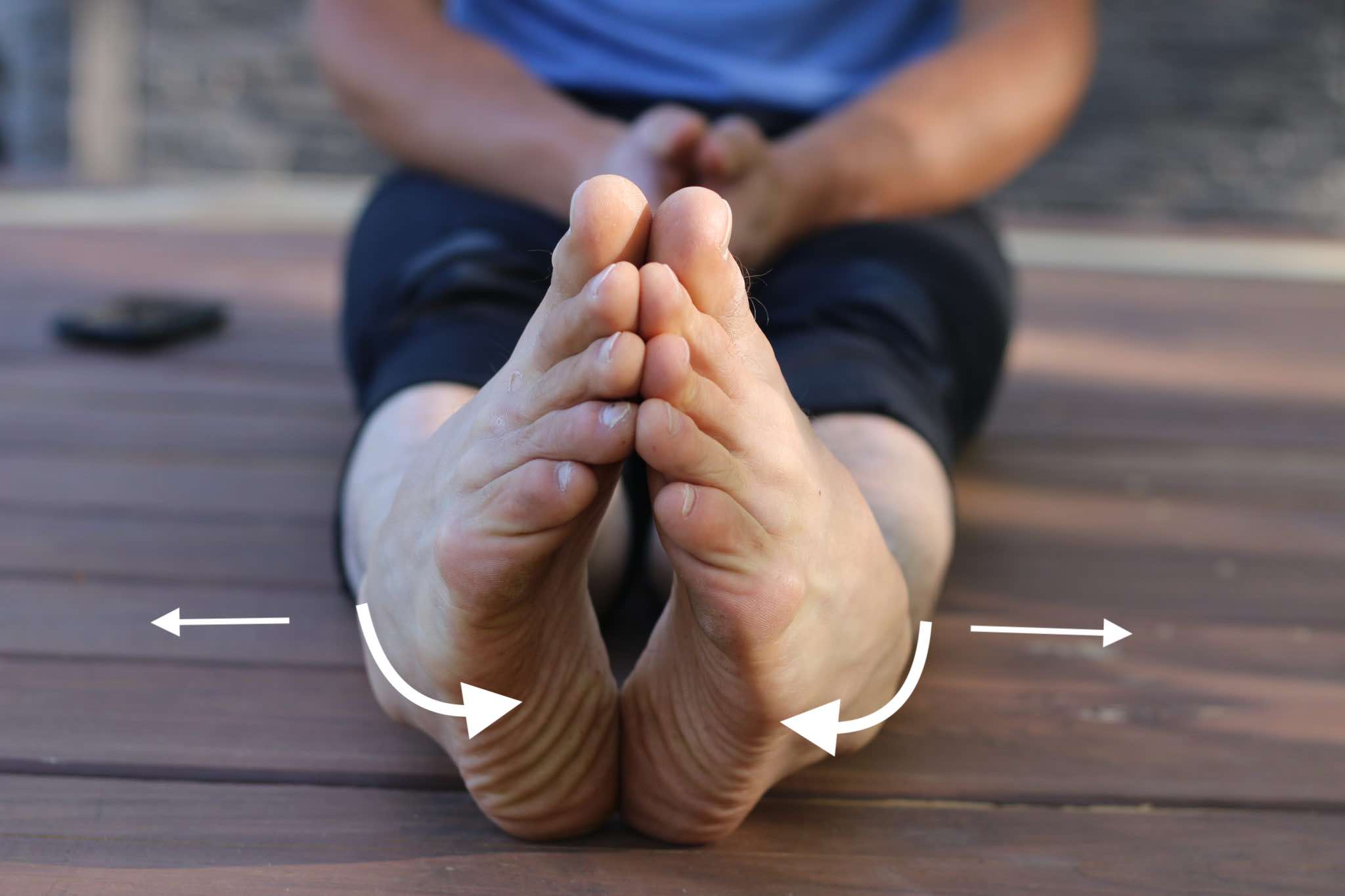
CHAKRAS AND ELEMENTS
FULL BODY AWAKENING
- Unlock Your Hips!
- Awakem Your Arm Balance Practice
- Detailed Ankle and Feet Articulation
- Develop Low Back and Buttock Strength
- Strengthen Your Core
- Release S.I. Joint Pain
- Release Neck Pain
- The July Immersion Has it ALL
- Each Chakra & Element is Paired with an Area of the Body and Muscle Group
- 12 All Levels Live Asana Classes
- 4 Live Guided Meditations
3 Steps To Activate the Core of the Foot
- Press the outer edge of the food down.
- Maintain this action, and counter engage by pressing the big ball mounted and big toes down.
- Drag the big ball mound back toward the inner heel.
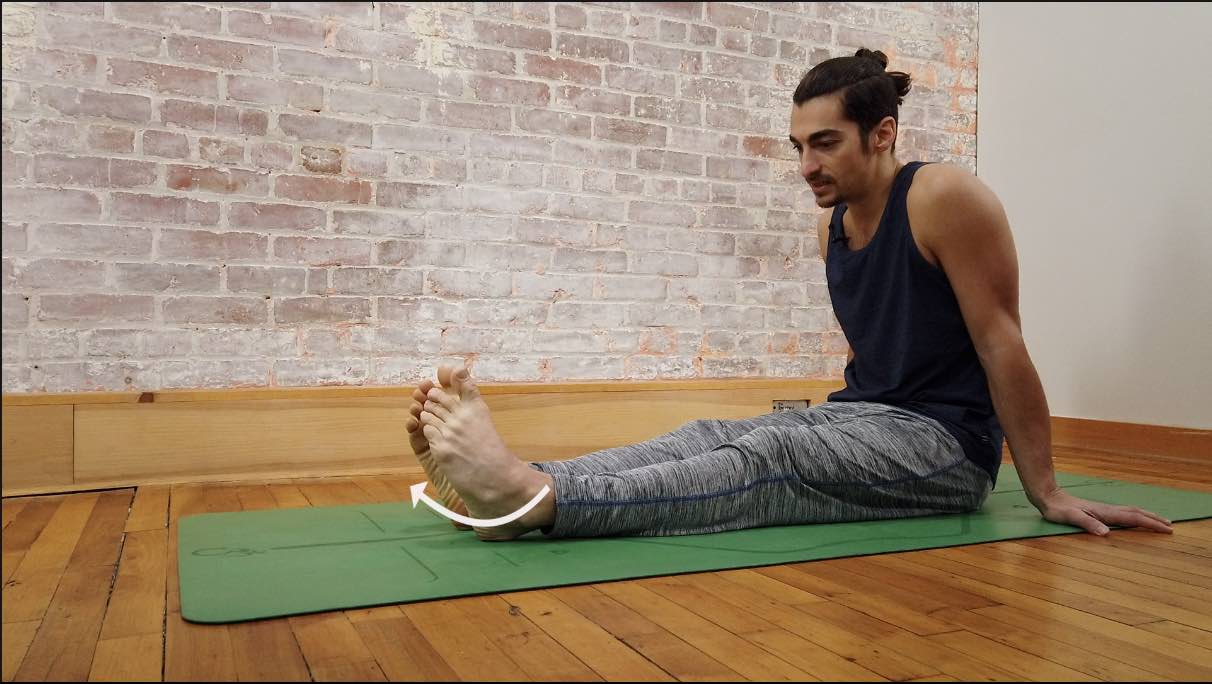
Step 1 - invert the ankle
While you can certainly evert the ankle first, I find for most people it is more effective to start with inverting the ankle when approaching standing postures. For clarity of the action, I am showing it in a seated position – try it seated first so you are very clear on how to invert. When in Warrior 2, press the outer edge of the front foot into the ground until your feel the muscle deep in the calf muscle activating. The ball mound and the big toe might lift when you do this – it is ok for now.
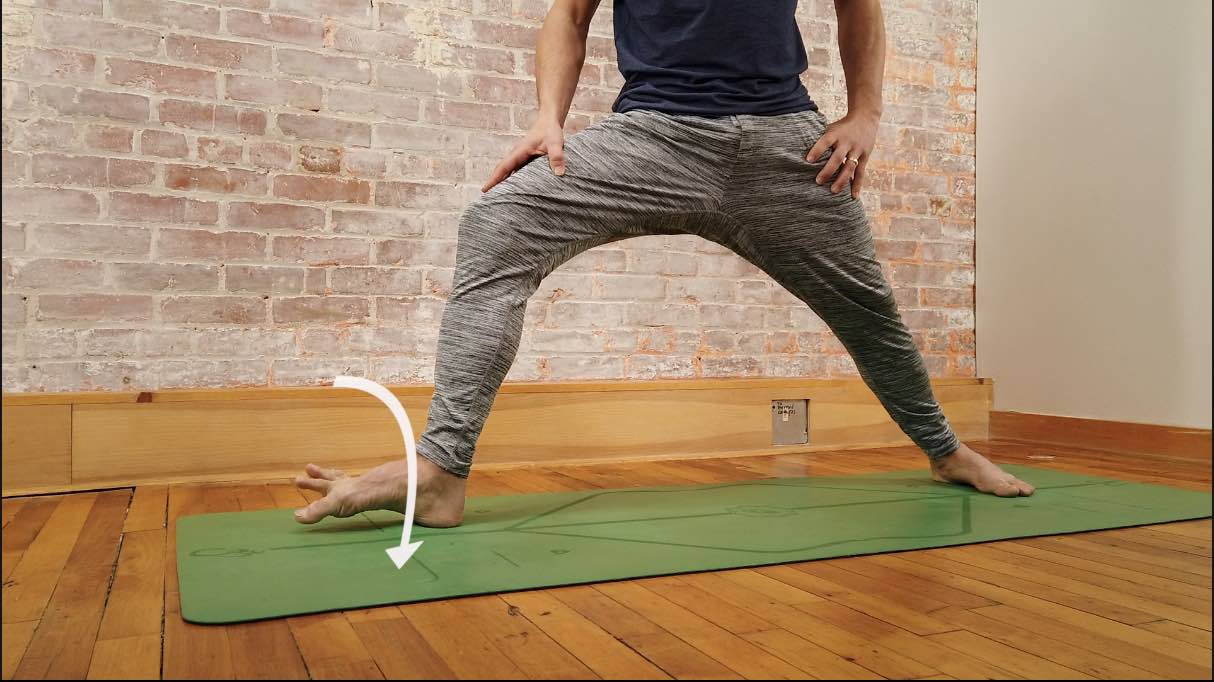
Step 2: Evert the Ankle
I recommend learning everting when seated – first, pull the outer edges of the feet back, it can be helpful to press the big toe and toe mound forward. When articulating this action properly you will feel the muscles along the outer shin engage. After you are aware of the action, the next part can be challenging. In warrior 2, be sure to maintain the muscle activation of inversion and add eversion by pressing the big toe and toe mound down into the ground, while trying to roll the outer ankle in slightly. Be sure not to fall flat into the inner arch while doing so – if this happens it means you are no longer activating the muscles of inversion, so go back to step 1 and try again.
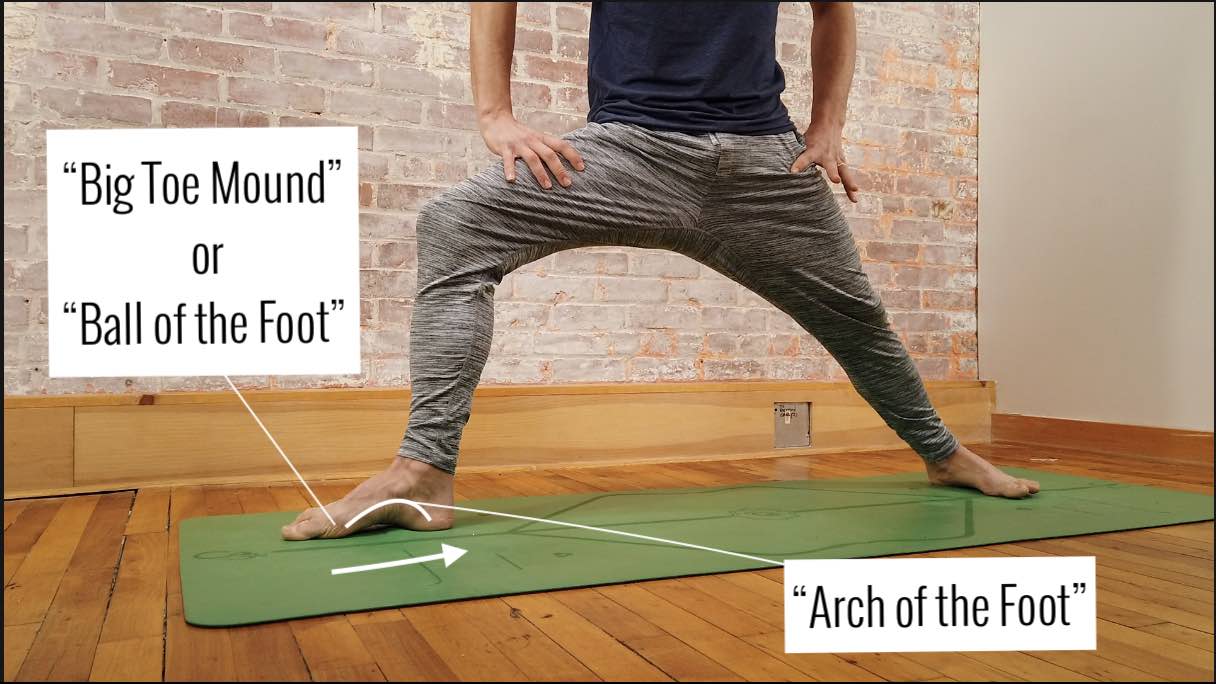
Step 3: contract The Arch
While this step is optional, it can be really helpful especially for anyone that gets plantar fasciitis. The idea is to maintain steps 1 and 2 but then add an activation of the musculature along the bottom (plantar side) of the foot. The action is to try and drag the big ball mound of the foot toward the inner heel. Like inversion and eversion, this action can be quite foreign and may take a bit of time until you are able to feel the muscles contract. I really like to focus on this action in the change of seasons when I am switching between different shoes and my feet are trying to adapt to the differences.
JOURNEY TO BLISS
12 CLASS PACK - FULL BODY AWAKENING
- Strong focus on ankles, feet & wrists
- Release Stress Patterns in body and mind
- Increase Shoulder and Spinal Flexibility
- Includes 2 hour Workshop on Full Wheel Pose
- Strengthen Your Core
- Learn Breathwork and Meditation Techniques
- Connect the the 5 Layers called The Kosha's
- 12 All Levels Live Asana Classes
- 4 Live Guided Meditations
- Lifetime Unlimited Access to All
- SALE: 1 Time Payment of $118
The Results
Activating the arch of the foot can be challenging at first. Typically the hardest part is learning how to co-contract opposing muscle groups. When opposing muscle groups contract at the same time, you get lifting and stabilizing of the joints. In this case, when you activate the muscles along the inside and outside the leg, it’s like pulling up your bootstraps and stabilizing the ankle. As a wonderful result, the arch of the foot pulls up.
Integration
To fully integrate these actions into your practice you will need repetition throughout all of your standing postures. Try it in your next class, or if you want a full workshop that incorporates these exact actions throughout, check out Hips: Rock Em and Unlock Em workshop below.
Thanks for stopping by. Leave a comment if this post has been helpful, or if you have questions or requests for future posts.
BEST SELLING PACKAGE!
8 CLASS PACK INCLUDES CLASSES FOCUSED ON:
1. Flying Pigeon
2. Half Lotus (avoid knee pain)
3. Compass Pose
4. Bow Pose & Wild Thing
5. Crow Pose & Half Firefly
- 6 All Levels Yoga Practices
- 2 Guided Meditations
- 6 Different Peak Postures
- Compass Pose Full Length Class
- Flying Pigeon Full Length Class
- Unlimited Views + Lifetime Access
Continue Learning
Strong Hands For Handstand
Handstand Actions
Handstand ActionsLEAN, GRIP, PUSHHANDSTAND ACTIONS Handstand isn’t something we conquer in a single class, it’s a layered process that demands repetition and refinement. There are certain key handstand actions that are non-negotiable: lifting the shoulders up to the...
Handstand Mechanics
Handstand MechanicsINVERSIONHANDSTAND MECHANICS Stability, strength, and coordination come together in the pursuit of mastering handstand mechanics. One of the most critical foundations is internal rotation at the hip joints, which can aid with certain entries and...
Stable Sirsasana
Stable SirsasanaHEADSTANDSTABLE SIRSASANA Creating a stable Sirsasana is less about the final pose and more about the mechanics that lead us there. From weight transfer and spinal alignment to hamstring flexibility and shoulder engagement, each layer matters. Unlike...
Explore Hip Rotation
Explore Hip RotationSURYA YANTRASANAEXPLORE HIP ROTATION Hip rotation isn’t just an anatomical concept—it’s an open invitation to become more intimate with our body’s story. In yoga, we often live in lateral (external) rotation, especially in hip-opening postures....
Step Up Your Side Plank
Step Up Your Side PlankVASISTHASANASTEP UP YOUR SIDE PLANK Side Plank might look simple, but true proficiency starts in the details. One of the keys to refining the posture is learning how opposing muscle groups create an isometric contraction—a subtle engagement that...
THE FREE TECHNIQUE PACK
When You Subscribe, You Will Get Instant Access to
- the Technique Pack: 15 yoga pose breakdowns
- exclusive online course discounts
- exclusive blogs and videos
